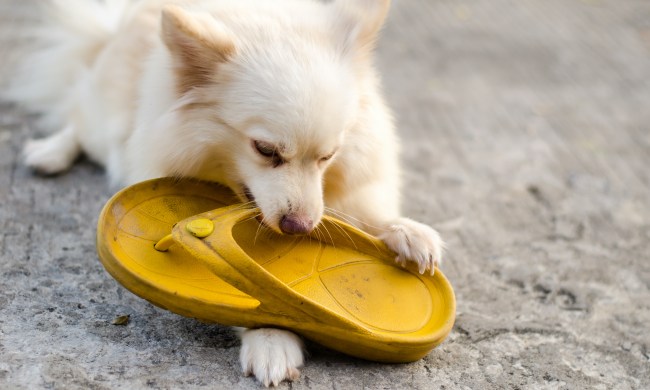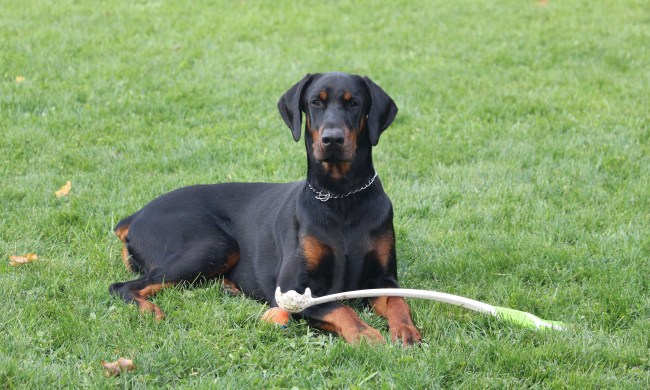Puppy potty training is challenging no matter what dog breed you’re working with, but some breeds are more difficult to train than others. Contrary to popular belief, sThe 8 smartest dog breeds, ranked aren’t always easier to train, as intelligence often lends itself to a stubborn streak. The clever and spunky Bichon Frise — pronounced bee-shon free-zay in the French language, with emphasis on the first syllables — is a notoriously difficult breed to housebreak despite being highly intelligent.
Let’s look deeper into the history of the Bichon Frise and what makes this particular breed so hard to potty train. Plus, we’ll share a few hacks to combat each potty training issue.
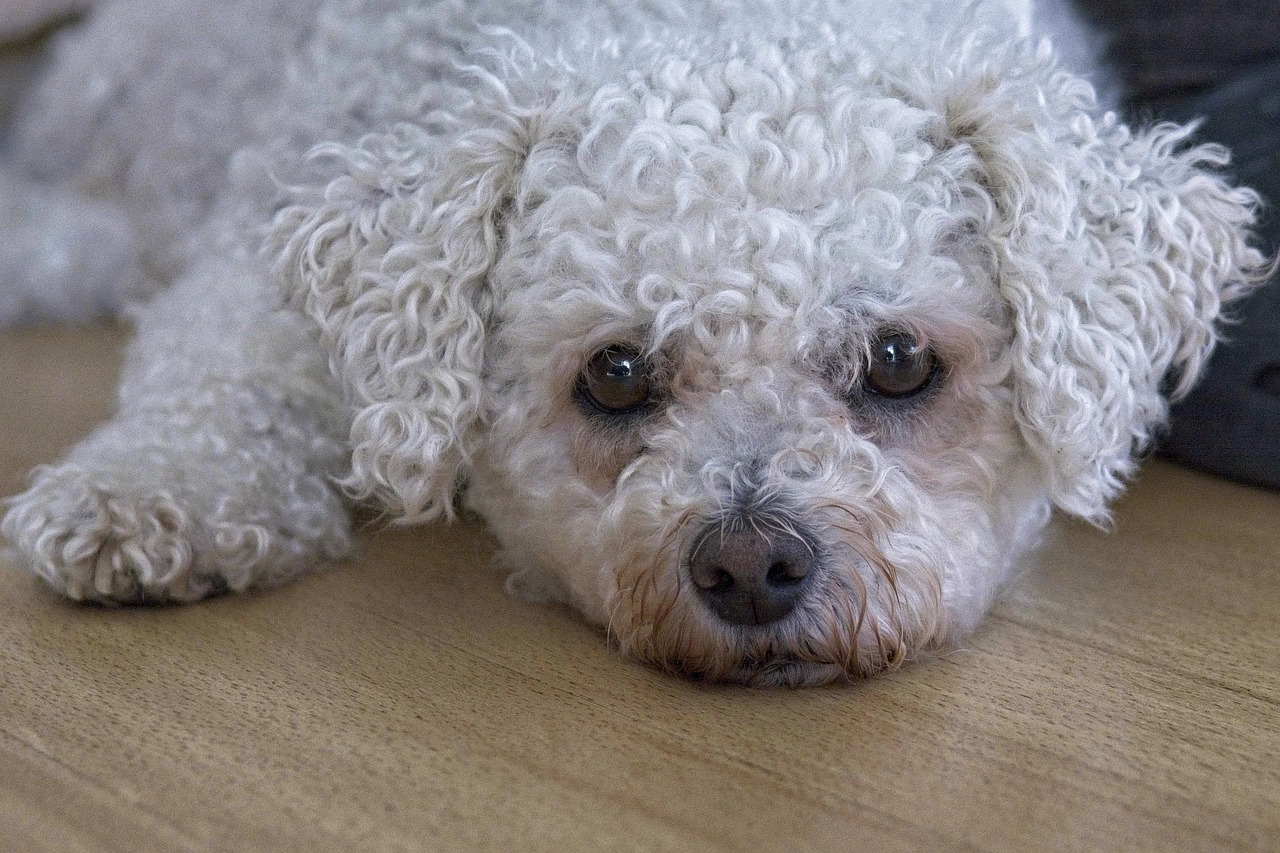
About the Bichon Frise: History, physical appearance, and personality of these tiny dogs
Before we delve into what makes the Bichon Frise difficult to potty train, let’s learn more about the breed.
History
The precise origin of the Bichon Frise is obscure, but the earliest records found indicate that the Bichon traveled with French sailors from Tenerife, part of the modern-day Canary Islands, during the 14th century. Records suggest the Bichon traveled through the Phoenician trade route, and it’s possible the breed is actually Italian in origin despite their extremely French name. In French, “Bichon Frise” translates to “small, curly-haired bitch,” or female dog.
Physical characteristics
Weighing 12–18 pounds on average and standing 9.5–11.5 inches tall, the Bichon Frise has a typical life expectancy of 14–15 years. As members of the nonsporting group, Bichons are famous for their soft, curly all-white coats and playful dark eyes. Bichons make the perfect fur baby for most allergy sufferers: They rarely shed, and their coats are considered hypoallergenic. (We still recommend that you speak to your allergy doctor before adopting any dog because allergies vary from person to person in both intensity and sensitivity.)
Personality
While you should always take precautions when introducing children to any pet, Bichons are known for getting along with the entire family. They’re peppy and personable, but they’re also famously gentle. Bichons also get on well with strangers and other pets, though they tend to form strong attachments to their preferred pet parent and may become clingy. Bichons don’t enjoy being left alone, so they may not be the best breed for you if you spend a lot of time away from home. They are companion dogs through and through!
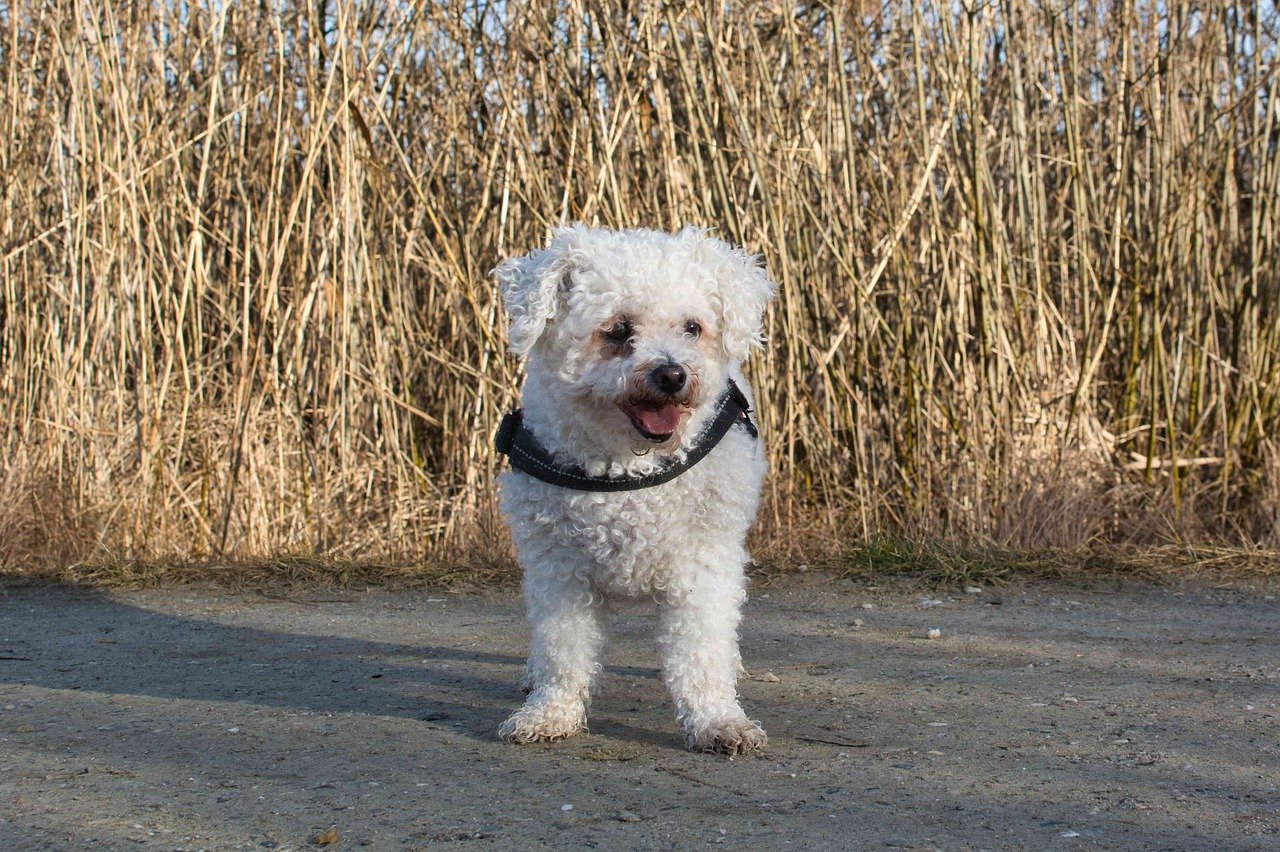
Why is the Bichon Frise harder to potty train than other breeds?
With their playful personalities and gentle natures, Bichon Frises are one of the most popular small dog breeds. But even the most beloved dog breed comes with a few drawbacks: For the Bichon, it’s a reputation for being difficult to potty train. It’s important to know that these dogs aren’t difficult out of spite. They aren’t trying to make your life harder, and they don’t understand why you’re upset when they go to the bathroom in the house.
Let’s go over some of the reasons Bichon Frises are more difficult to potty train than other breeds.
They have small bladders
Bichons are little dogs, so they have smaller bladders than larger breeds. This means that they aren’t physically capable of holding their urine for as long as a large breed can. While this might be an obvious reason why your pup has accidents, it’s easy to overlook the obvious when you’re frustrated. It’s common for Bichon puppies to need to urinate every 20–30 minutes, whereas adults can hold their bladder for longer–around six hours. You may want to consider installing a dog door, using potty pads, or litter-box training your Bichon Frise if you can’t make it back home to let him out every six hours.
They stay younger longer
We know that large dog breeds age faster than small breeds, but what does that mean for their mental state? Because small breeds have longer life expectancies, they often retain their puppyish characteristics longer than large breeds. This means that your Bichon may be immature for his age, so it may help to think of him as a puppy regardless of his age. Puppies have shorter attention spans than older dogs, too, so try to keep potty training sessions to a maximum of 10–15 minutes. This will help him retain what he’s learned in each session. Be consistent with your training and never yell at your dog, no matter how frustrated you get when he has accidents in the home.
They’re stubborn and prone to anxiety
Bichon Frises can develop separation anxiety if they’re left at home frequently. Anxiety coupled with a fierce stubborn streak creates a recipe for disaster when it comes to potty training. Contact your vet if you suspect your Bichon suffers from anxiety, as specialized behavioral therapy can help alleviate the problem. If your dog is too stubborn to obey you, it may be time to seek professional assistance. With the help of a qualified dog trainer, you’ll have your Bichon potty trained in no time.
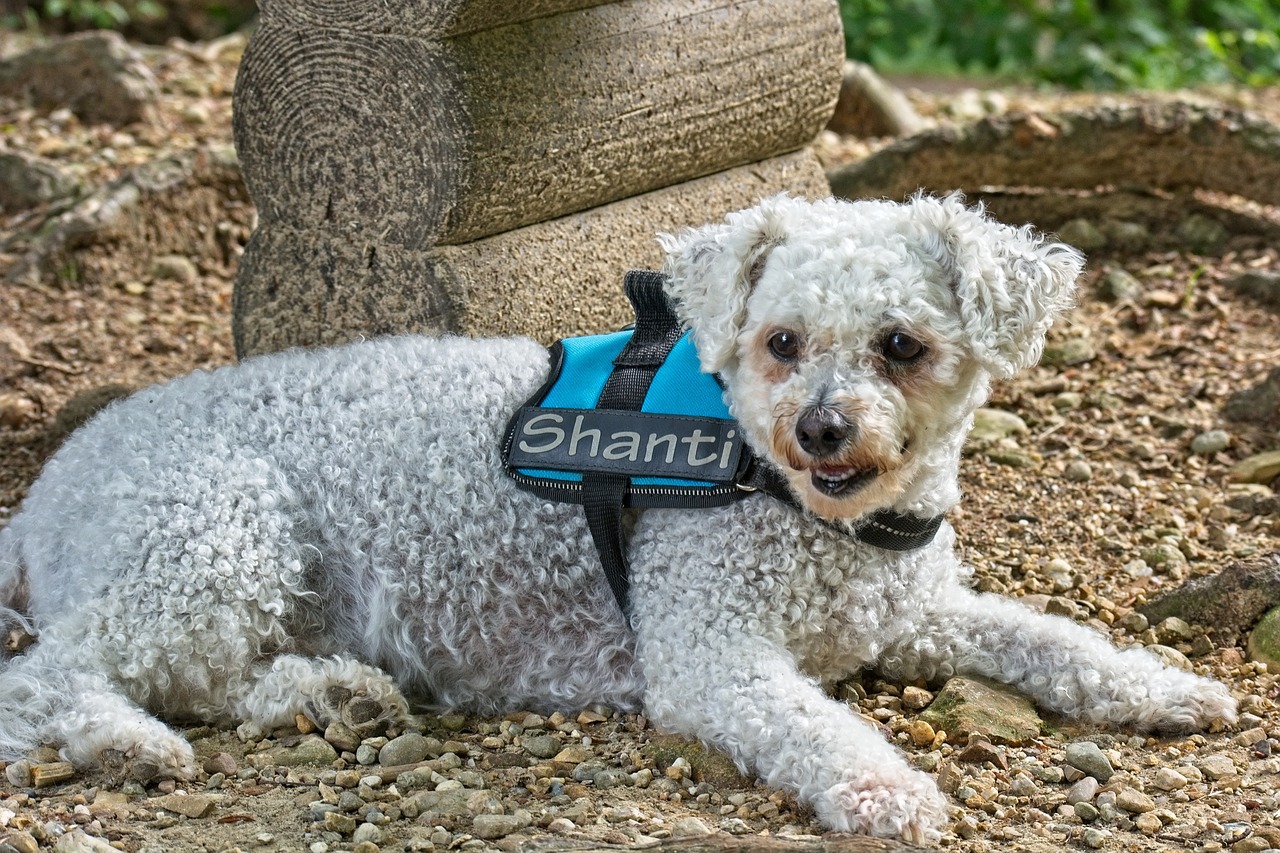
Potty training is a trying time in every household, but it can be especially difficult with a headstrong breed like a Bichon Frise. Patience and persistence are key in potty training your pooch. Take his small bladder size into consideration, contact your vet if your pup has behavioral issues, and don’t be afraid to reach out to a professional if you get stuck along the way. Even the most devoted pet parents sometimes need a helping hand. Whether you choose to potty train your pup at home or seek outside support, the end result is always worth it.


